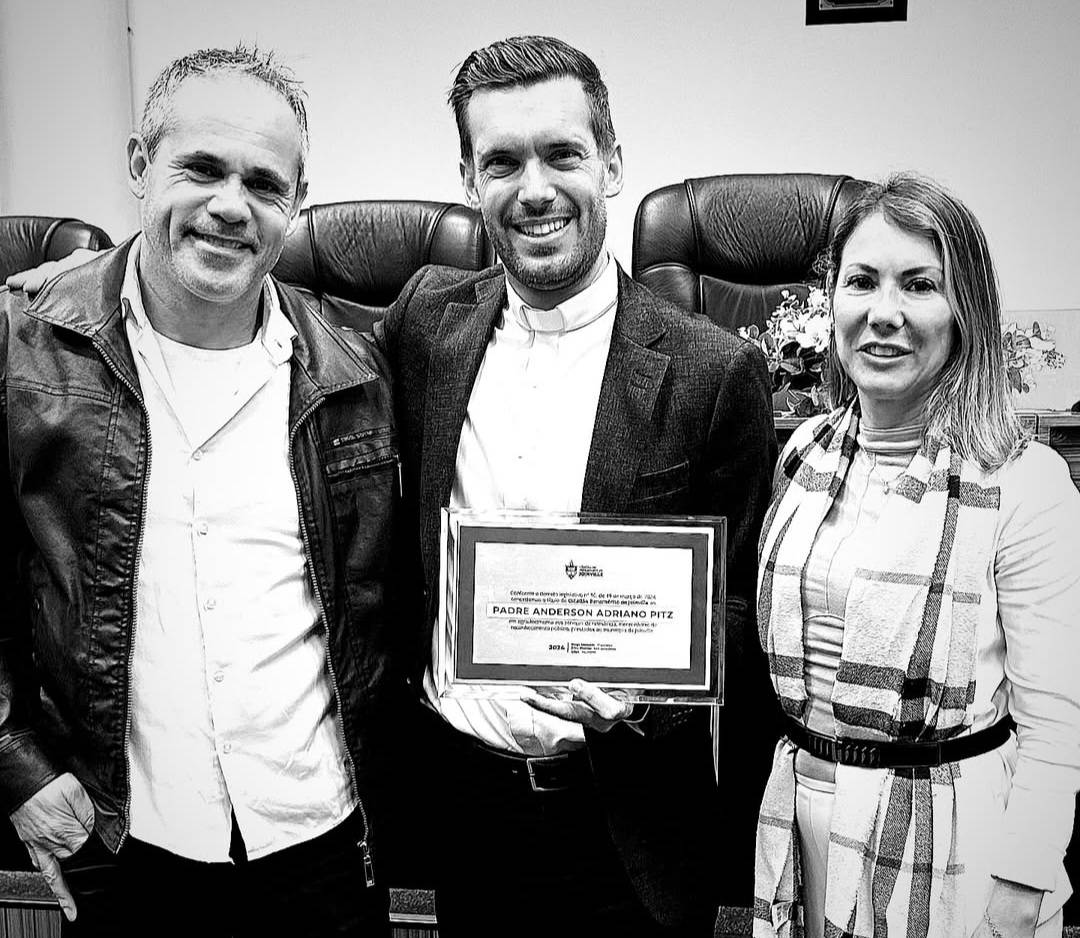SÃO PAULO – Two hospital boats sent to the remote communities of the Amazon region in Brazil to treat COVID-19 patients have suspended operations after their entire staff tested positive for the coronavirus on February 11.
Operated by “Associação e Fraternidade São Francisco de Assis na Providência de Deus,” a Franciscan-inspired institute which manages 74 healthcare institutions in Brazil, the boats, named Pope Francis and Pope John Paul II originally provided all sorts of medical care to riverside communities, but began to focus on COVID-19 since the beginning of 2021.
The epicenter of a second wave of the pandemic in Brazil, the Amazon region has seen a surge of new cases over the past few months, and the local healthcare system has virtually collapsed. A new strain of the virus identified in the city of Manaus, in Amazonas State, is thought to be causing the outbreak.
More contagious, the new strain is probably the one which affected the hospital boats’ team, said nurse technician Marcelo Costa.
“I believe we had the new variant because we had atypical symptoms, like vomiting and bleeing noses,” he told Crux.
Costa was one of the most severely affected members of the team, which has 26 people. He had 30 percent of his lungs damaged by the disease and suffered with a severe headache, high fever, and fatigue.
He explained that the boats had an important mission in January after a rigorous lockdown was declared by the Pará State government. They visited devastated riverside communities on the border with Amazonas State, treating and transporting patients with serious conditions.
On January 30, the medical team and the boats’ crew members received a COVID-19 vaccination.
“I believe we were already infected by then. Five days later, the first symptoms started to appear,” Costa said.
The physicians treated the symptoms of their colleagues and the missions continued.
“Some of us thought it was some kind of psychological reaction. We had to be strong, the communities needed us,” said added.
On February 11, the entire staff was laid up with the disease, and the mission had to be suspended. The boats went to the city of Juruti, where the association runs a clinic, and everyone on board was hospitalized.
“There were seven critical cases. I was one of them. I spent seven days at the hospital,” Costa said.
He was side by side with the boats’ coordinator, Father Joel Souza.
Souza was the last member of the team to leave the hospital. He still struggles with the aftereffects of the disease and will have to take a few more weeks to recover.
“Two other brothers who work at our clinics in the region have been hospitalized too,” Souza told Crux.
He explained that a new mission to treat COVID-19 cases will be launched within a few days, after the conclusion of the quarantine being observed by the staff members. The boats have been sanitized and are now being prepared for the new trip.
“Unfortunately, I won’t be able to go with them,” he said.
According to Costa, all precautionary measures had always been taken by the crew and by the medical staff.
“We never ceased to use our personal protective equipment. But a hospital boat requires very close contact among the team. It’s a type of hospital where we live in it,” he said.
The two hospital boats have been traveling to riverside communities between Amazonas and Pará States, including indigenous and quilombola villages, created by African slaves who fled captivity during slavery era in Brazil (1500-1888). Most of these settlements don’t have any kind of healthcare infrastructure.
All patients with COVID-19 symptoms are tested and given treatment on the boats. More serious cases are taken to two nearby hospitals.
The second wave of the pandemic has been more lethal than the first one in the Amazon. In just the first two months of 2021, the number of deaths caused by the coronavirus in Amazonas State overtook the total number for 2020 – in 2020, 5,285 people died in the State; the number has already reached 5,288 in 2021.
“I have no regrets about being infected. I would do it all again,” Costa told Crux.
“We work in a religious mission and almost all members of the staff are Catholic. We have much love for the riverside communities, given that half of us come from such communities,” he added.
Costa said their latest experience has given the staff more motivation for their mission.
“We received all needed medical support from the start. What about the riverside people who can’t count on anyone?”














